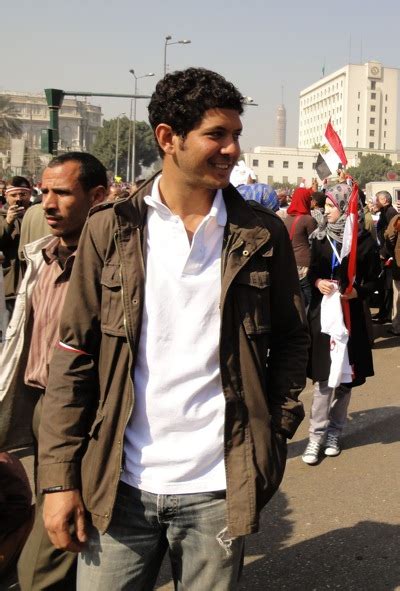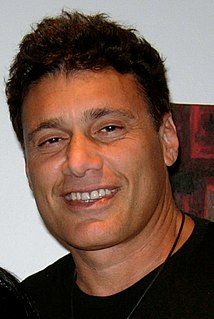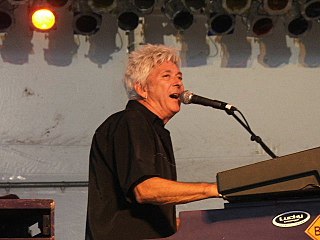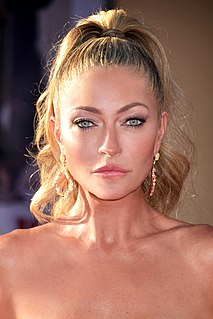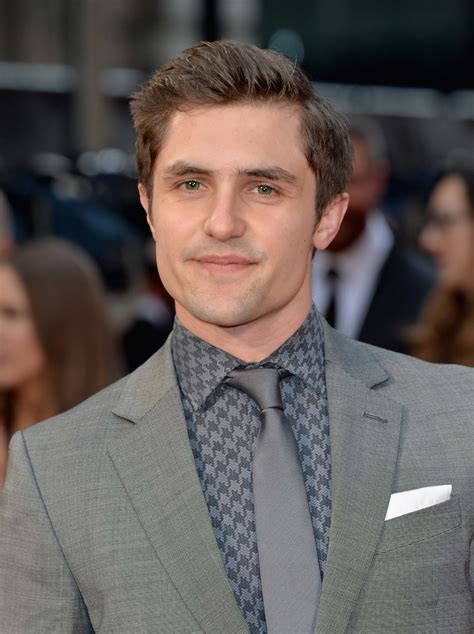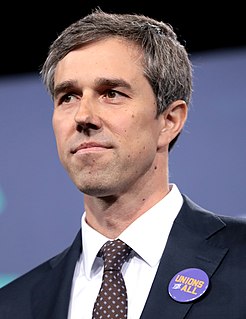A Quote by Gillian Flynn
Very quickly, I discovered I did not have what it takes to be a good crime reporter: I was too unassertive and a little bit wimpy. It was very clear that was not what I was going to do, but I loved journalism, and I'm the daughter of a film professor, and my mom taught reading.
Related Quotes
I hated the culture, I hated the work. I very quickly realized that this wasn't what I wanted to do. So, after two years, I took some writing courses - I always loved to write - and I figured the only way I was going to get paid to write was in journalism. I really wasn't very involved politically with anything up until that point. Then I started reading about the second Palestinian Intifada, and I spoke to friends in activist and journalism circles. Then, somehow by complete luck, I ended up at Democracy Now.
The Bible is forbidding when you start to read it. The language is odd. The stories start and stop herkily-jerkily. The characters behave in inexplicable ways. It takes a little bit of time to get into the rhythm of the book. I found reading the first 15 chapters of Genesis very very difficult. Once I got past there, I loved reading, and found it very easy. When you get used to the Bible, it becomes thrilling to read (like any great book - I just had exactly the same experience with the Odyssey).
Film team kept me very, very shielded when I was that young, because of course, I was seven years old. You know, you're still kind of reading. It's still kind of like, "Cat." "Dog." "Ann jumped over fence." So I guess in a way it helped me progress in school, too, because I was reading so much and memorizing so much. But they kept me very shielded from everything that was going on in the The Amityville Horror. I didn't know anything, basically, about the film. I just knew that it was a scary film. I wasn't allowed to watch it. I can watch it now, I'm just too scared.
Medicine in its present state is, it seems to me, by now completely discovered, insofar as it teaches in each instance the particular details and the correct measures. For anyone who has an understanding of medicine in this way depends very little upon good luck, but is able to do good with or without luck. For the whole of medicine has been established, and the excellent principles discovered in it clearly have very little need of good luck.
I did not intend to be a writer. I first wanted to be a lawyer, like my father. Then I got bit by the bug of philosophy and wanted to be a philosophy professor. I went to graduate school and quickly discovered it was impossible for a woman in those days - this was the early fifties - to be a philosopher, so I gave that up.
I think the first thing that I thought I would go and do as a career was be a rugby player. I had a trial with a club and it became very clear, very quickly that that wasn't going to be what I would end up doing. I was far too small and far too much of a lightweight, both mentally and physically, to play rugby at that level.
I never did any training in journalism or in finance, so I really was in the deep end. I got very good at going to press conferences and nodding. I'd figure it out when I got back to the office. Charts and numbers. I've never been great with facts, ever, my whole life. For a journalist, that's not a very good trait.

